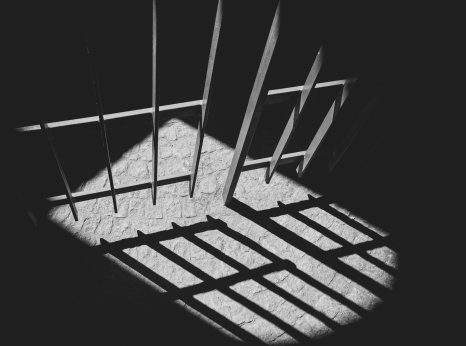South Sudan: End Two Deportees’ Arbitrary Detention

Earlier this year, U.S. President Donald Trump advanced a mass deportation campaign targeting millions of immigrants and people seeking safety. As part of this, eight men – only one of whom was South Sudanese – were deported to South Sudan after a weeks-long legal battle. Two of the eight men have since been released from detention, with Jesus Munoz-Gutierrez repatriated to Mexico. The U.S. government is obligated under international law to ensure that its immigration policies do not commit or increase the risk of human rights violations. While the U.S. has the authority to regulate immigration, it must do so within the framework of its international human rights obligations.
In July 2025, Politico reported that the deportations from the United States to South Sudan are part of an attempt by the South Sudanese government to negotiate the lifting of sanctions imposed on First Vice President, Benjamin Bol Mel, to revoke visa restrictions on South Sudanese nationals, to reactivate a bank account at the New York Federal Reserve, and to support the state’s prosecution of First Vice President and opposition leader, Riek Machar who is still under house arrest. In September, a news outlet reported that South Sudanese authorities denied the existence of any agreement with the U.S. to receive third-country nationals.
Civic space for engagement in public life continues to be under attack and engaging in legitimate civic activities has resulted in arbitrary arrests, prolonged detention, torture, and extra-judicial killings. South Sudan’s security actors and authorities, especially the National Security Service (NSS), systematically harass and target civil society members and individuals critical of the government. On 3 July 2024, the country’s Parliament passed the National Security Service Act 2014 (Amendment) Bill 2024 which seeks to increase NSS’s abusive powers that include, among others, arresting people with or without a warrant.
Throughout the course of the conflict that broke out in South Sudan on 15 December 2013, the NSS has become increasingly powerful, acting as a de facto police force to powerful elites. The NSS and Military Intelligence Directorate have detained hundreds of people, mostly men, in various detention facilities across the country. Amnesty International has documented cases of torture and other forms of ill-treatment in at least three of the main detention centers in the capital, Juba. It has also documented cases of individuals being detained and threatened by the NSS for freely expressing their opinion that is critical of the government, or who have otherwise been perceived to act against the interests of powerful elites. Relatives of detainees can become persons of interests, increasing their risk of being surveilled and possibly detained if the NSS disapproves of their speech or behaviour.